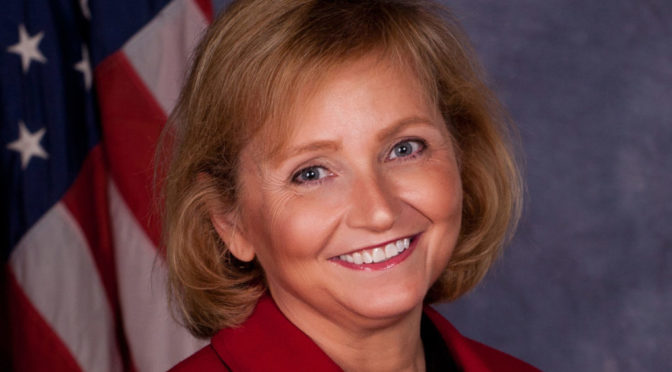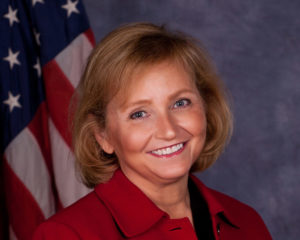Editors note: Local resident, Jody Hoener, serves on this council.
TOPEKA – The Kansas Governor’s Council on Fitness and Kansas Department of Health and Environment are pleased to announce the appointment of four new board members, Callie Dyer, Travis Rickford, Becky Tuttle and Judy Works for a three-year term starting in 2021.
“We welcome our newest members to the Council and are excited to have them join this dedicated team of leaders who are committed to improving health in Kansas,” said Miranda Steele, Council Chair. “The Council’s mission is to encourage increased physical activity, nutrition and tobacco use prevention, and we carry out this work through advisement and awareness activities in partnership with governments, businesses, schools and others to promote healthy lifestyles.”
Callie Dyer
Callie Dyer is the Executive Director of the Finney County Community Health Coalition, Inc. Dyer was recently elected to the Tobacco Free Kansas Coalition Board of Director’s. She serves as an Advisory Council member for the Social Emotional Learning Council and the Wellness Committee for USD 457. Dyer is active in WorkWell Kansas and works with local employers to get involved and practice WorkWell Kansas wellness plans.
Travis Rickford
Travis Rickford is the Executive Director of LiveWell Northwest Kansas where he creates, manages and leads initiatives to address issues related to health and early childhood development for 15 counties in Northwest Kansas. During the past 14 years, Rickford has worked with urban, rural and frontier counties, communities and neighborhoods to identify and implement initiatives that improve the quality of life. He was an active participant in the healthy communities movement in Kansas and has worked extensively with community stakeholders to build an infrastructure that supported opportunities to be physically active, have access to fresh produce and live in tobacco-free environments.
Becky Tuttle
Becky Tuttle serves as the District II City of Wichita Council Member. She has more than 25 years of professional experience engaging community partners through grassroots local coalition efforts focusing on tobacco, physical activity, healthy eating, oral health, fetal infant mortality and worksite wellness. Most Tuttle’s experience has focused on policy and environmental changes to improve the health of communities. Tuttle has a passion for promoting physical activity and good nutrition for every generation to come.
Judy Works
Judy Works is a Clinical Nurse Specialist at KS HealthWorks, PA in Iola. Throughout her professional career she has always promoted healthy lifestyles with individual patients. Five years ago, she started the Monarch HealthWorks program that strives to implement change to promote a healthy workplace environment and improve workplace wellness. Works received the Governor’s Council on Fitness 2019 Organizational Kansas Health Champion Award for exceptional efforts to model, promote and encourage health and fitness in the workplace.
The 2021 Council members are: Chair, Miranda Steele, MPA, MHSA; Vice Chair, Christi Smith, MBA, of Family Preservation for Kansas City; Amy Penrod of Kansas Department for Aging and Disability Services; Brandon Skidmore of Sunflower Foundation; Candice McField of Candice McField Fitness; Erik Sartorius, of League of Kansas Municipalities; Jeff A. Usher, of Kansas Health Foundation; Jennifer Bruning, of Kansas State Alliance of YMCAs; Jody Hoener of Bourbon County; Joyce Ellis, PhD, of Fort Hays State University; Kat Wurzer of GetFIT, Inc; Katie Schoenhoff, of United Methodist Health Ministry Fund; Secretary Lee Norman, MD, of Kansas Department of Health and Environment; Mark Thompson, PhD, of Kansas Department of Education; Mary Tritsch, of AARP Kansas; Matt Messina, of Kansas Department of Transportation; Wyatt Thompson, PLA, ASLA, CPSI, of Manhattan Parks and Recreation.
About the Kansas Governor’s Council on Fitness
The purpose of the Governor’s Council on Fitness is to advise the Governor and others on ways to enhance the health of all Kansans through promotion of physical activity, good dietary choices, prevention of tobacco use and to promote the improvement of the health of Kansans through the following:
- Encourage the exchange of information about physical activity, healthy diets and tobacco use prevention and cessation.
- Create private and public sector support for physical activity, good nutrition and tobacco use prevention.
- Manage a statewide awards program to recognize communities and organizations demonstrating significant support for physical activity, good nutrition and tobacco use prevention.
To learn more about Kansas Governor’s Council on fitness visit www.kansasfitness.org/ and like Kansas Governor’s Council on Fitness on Facebook www.facebook.com/GetActiveKansas/.




